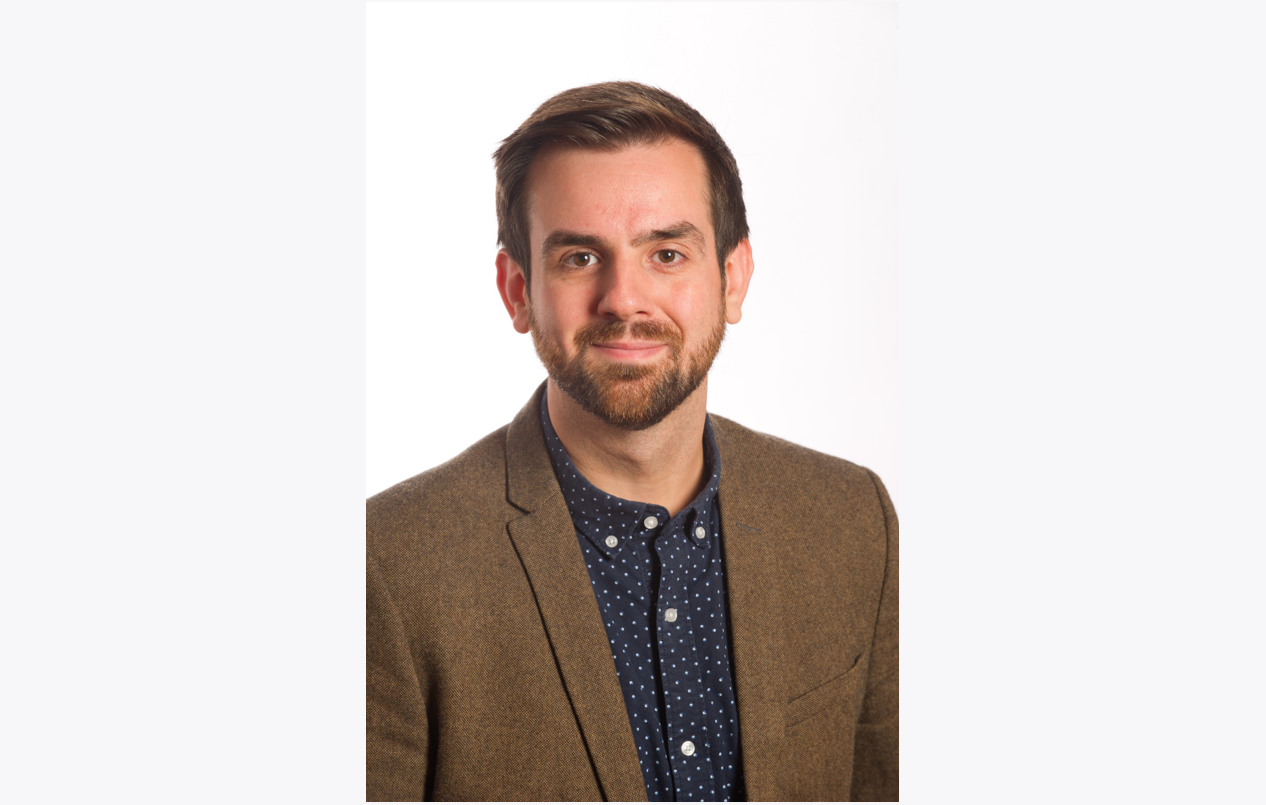Going Beyond the Health-Related QALY
In this lecture David Mott explores outcomes beyond individual health-related quality of life (HRQoL) and discuss the impact of broader dimensions such as well-being and societal value.
Health-related quality of life (HRQoL) refers to an individual’s or a group’s perceived physical and mental health over time. It goes beyond the traditionally diagnosable health outcomes and focuses on the impact of health on a person’s ability to live a fulfilling life. This concept encompasses both positive and negative aspects of well-being, including physical, psychological, and social functioning. In health care, HRQoL is assessed to understand how an individual’s well-being may be affected by a disease, disability, or disorder.
David explores three critical areas:
- Going beyond individual health-related quality of life
- The approaches that capture broader outcomes such as wellbeing
- The debate on the inclusion of families and carers’ health-related quality of life
Course Le
ssons
Meet the instructor
David Mott


